SHORTAGE IN SERVICE WORKERS
입력 2022.08.22 (15:13)
수정 2022.08.22 (16:45)
읽어주기 기능은 크롬기반의
브라우저에서만 사용하실 수 있습니다.
[Anchor Lead]
During the pandemic, businesses that provide in-person services, such as hotels and restaurants, suffered greatly and many industry workers ended up losing jobs. But now that people no longer have to practice social distancing, the industry is seeing the business pick up after three years. However, this time the problem is manpower shortage.
[Pkg]
Hotel cleaning staff are busy getting ready for summer vacationers.
[Soundbite] Lee Gu-suk(Hotel Employee) : "We can't prepare the rooms perfectly because we now have to clean more rooms."
Unable to hire more workers, each hotel housekeeper is now assigned 20 rooms instead of 14. The hotel used to have two workers at the information desk, but there is only one now.
[Soundbite] Baek Ha-eun(Hotel CEO) : "We have to hire about 30% more people but we can't because nobody is applying. I even ran wanted ads on neighborhood papers."
The average number of hotel staff fell about 20% since the pandemic. Restaurants are facing the same problem. This restaurant, which used to employ around 10 workers before the pandemic, now has six. Offering higher wages doesn't seem to work.
[Soundbite] Kim Mi-ja(Restaurant Manager) : "When we're busy, our friends come to help. We offered to pay more than other places, but we still didn't get many inquiries."
Staff shortage is more noticeable in in-person service businesses, such as hotels and restaurants. Those who had left the industry are not returning, because they can make better money and enjoy freer working hours as food deliverers or in other non-contact jobs. The government has proposed several measures, but subsidies for foreign workers is mainly for the manufacturing industry. Such labor shortage may lead to higher wages and subsequent inflation.
[Soundbite] Cho Young-moo(LG Business Research) : "Labor shortage causes wages to rise. Once raised, wages don't decrease easily, causing inflation to remain high for a prolonged time or worsen."
Korea's low birthrate has led to a smaller working age population. There are calls for the nation to look for ways to use its manpower, such as women, the elderly, and foreign workers, more efficiently.
During the pandemic, businesses that provide in-person services, such as hotels and restaurants, suffered greatly and many industry workers ended up losing jobs. But now that people no longer have to practice social distancing, the industry is seeing the business pick up after three years. However, this time the problem is manpower shortage.
[Pkg]
Hotel cleaning staff are busy getting ready for summer vacationers.
[Soundbite] Lee Gu-suk(Hotel Employee) : "We can't prepare the rooms perfectly because we now have to clean more rooms."
Unable to hire more workers, each hotel housekeeper is now assigned 20 rooms instead of 14. The hotel used to have two workers at the information desk, but there is only one now.
[Soundbite] Baek Ha-eun(Hotel CEO) : "We have to hire about 30% more people but we can't because nobody is applying. I even ran wanted ads on neighborhood papers."
The average number of hotel staff fell about 20% since the pandemic. Restaurants are facing the same problem. This restaurant, which used to employ around 10 workers before the pandemic, now has six. Offering higher wages doesn't seem to work.
[Soundbite] Kim Mi-ja(Restaurant Manager) : "When we're busy, our friends come to help. We offered to pay more than other places, but we still didn't get many inquiries."
Staff shortage is more noticeable in in-person service businesses, such as hotels and restaurants. Those who had left the industry are not returning, because they can make better money and enjoy freer working hours as food deliverers or in other non-contact jobs. The government has proposed several measures, but subsidies for foreign workers is mainly for the manufacturing industry. Such labor shortage may lead to higher wages and subsequent inflation.
[Soundbite] Cho Young-moo(LG Business Research) : "Labor shortage causes wages to rise. Once raised, wages don't decrease easily, causing inflation to remain high for a prolonged time or worsen."
Korea's low birthrate has led to a smaller working age population. There are calls for the nation to look for ways to use its manpower, such as women, the elderly, and foreign workers, more efficiently.
■ 제보하기
▷ 카카오톡 : 'KBS제보' 검색, 채널 추가
▷ 전화 : 02-781-1234, 4444
▷ 이메일 : kbs1234@kbs.co.kr
▷ 유튜브, 네이버, 카카오에서도 KBS뉴스를 구독해주세요!
- SHORTAGE IN SERVICE WORKERS
-
- 입력 2022-08-22 15:13:32
- 수정2022-08-22 16:45:12
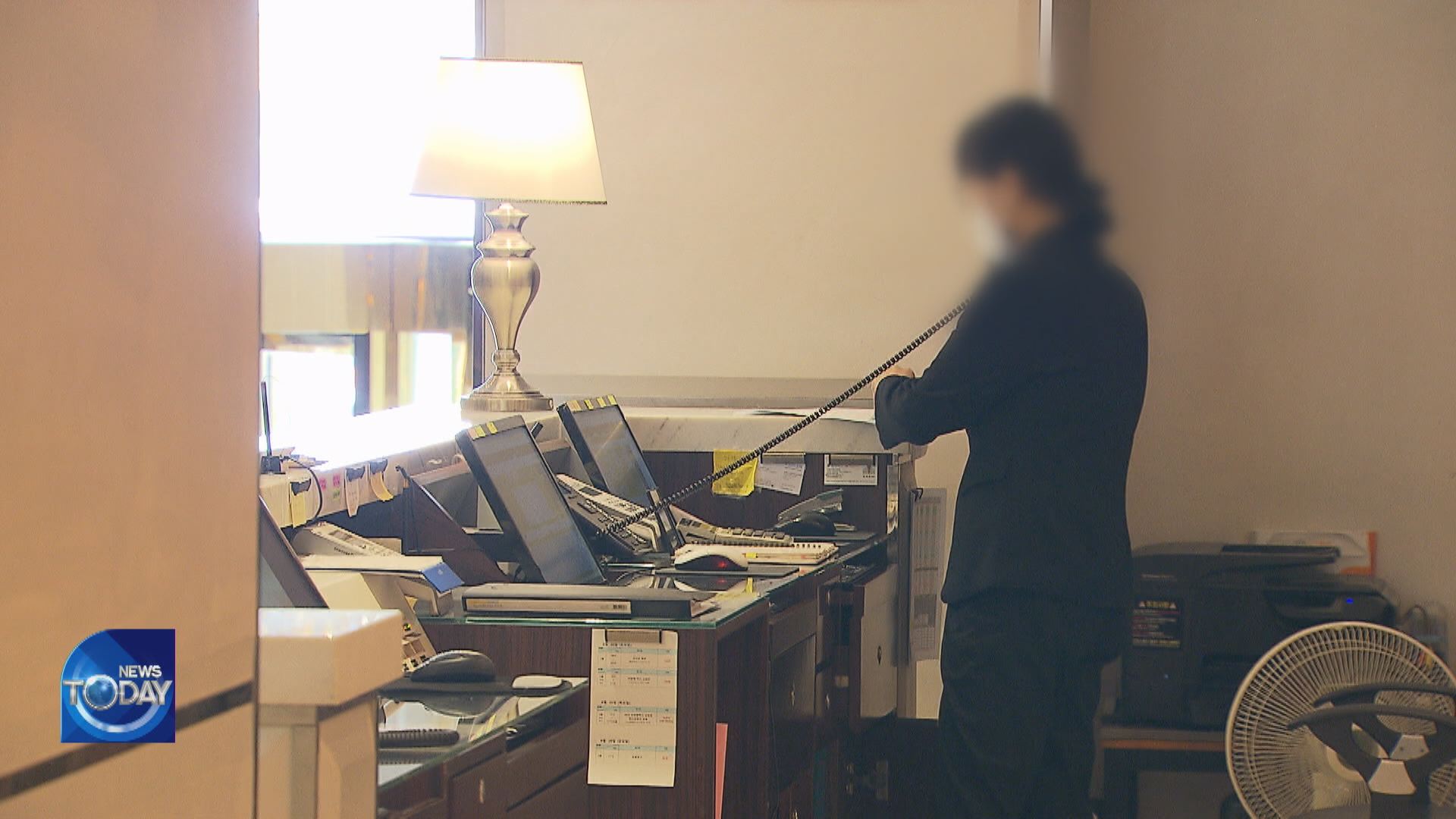
[Anchor Lead]
During the pandemic, businesses that provide in-person services, such as hotels and restaurants, suffered greatly and many industry workers ended up losing jobs. But now that people no longer have to practice social distancing, the industry is seeing the business pick up after three years. However, this time the problem is manpower shortage.
[Pkg]
Hotel cleaning staff are busy getting ready for summer vacationers.
[Soundbite] Lee Gu-suk(Hotel Employee) : "We can't prepare the rooms perfectly because we now have to clean more rooms."
Unable to hire more workers, each hotel housekeeper is now assigned 20 rooms instead of 14. The hotel used to have two workers at the information desk, but there is only one now.
[Soundbite] Baek Ha-eun(Hotel CEO) : "We have to hire about 30% more people but we can't because nobody is applying. I even ran wanted ads on neighborhood papers."
The average number of hotel staff fell about 20% since the pandemic. Restaurants are facing the same problem. This restaurant, which used to employ around 10 workers before the pandemic, now has six. Offering higher wages doesn't seem to work.
[Soundbite] Kim Mi-ja(Restaurant Manager) : "When we're busy, our friends come to help. We offered to pay more than other places, but we still didn't get many inquiries."
Staff shortage is more noticeable in in-person service businesses, such as hotels and restaurants. Those who had left the industry are not returning, because they can make better money and enjoy freer working hours as food deliverers or in other non-contact jobs. The government has proposed several measures, but subsidies for foreign workers is mainly for the manufacturing industry. Such labor shortage may lead to higher wages and subsequent inflation.
[Soundbite] Cho Young-moo(LG Business Research) : "Labor shortage causes wages to rise. Once raised, wages don't decrease easily, causing inflation to remain high for a prolonged time or worsen."
Korea's low birthrate has led to a smaller working age population. There are calls for the nation to look for ways to use its manpower, such as women, the elderly, and foreign workers, more efficiently.
During the pandemic, businesses that provide in-person services, such as hotels and restaurants, suffered greatly and many industry workers ended up losing jobs. But now that people no longer have to practice social distancing, the industry is seeing the business pick up after three years. However, this time the problem is manpower shortage.
[Pkg]
Hotel cleaning staff are busy getting ready for summer vacationers.
[Soundbite] Lee Gu-suk(Hotel Employee) : "We can't prepare the rooms perfectly because we now have to clean more rooms."
Unable to hire more workers, each hotel housekeeper is now assigned 20 rooms instead of 14. The hotel used to have two workers at the information desk, but there is only one now.
[Soundbite] Baek Ha-eun(Hotel CEO) : "We have to hire about 30% more people but we can't because nobody is applying. I even ran wanted ads on neighborhood papers."
The average number of hotel staff fell about 20% since the pandemic. Restaurants are facing the same problem. This restaurant, which used to employ around 10 workers before the pandemic, now has six. Offering higher wages doesn't seem to work.
[Soundbite] Kim Mi-ja(Restaurant Manager) : "When we're busy, our friends come to help. We offered to pay more than other places, but we still didn't get many inquiries."
Staff shortage is more noticeable in in-person service businesses, such as hotels and restaurants. Those who had left the industry are not returning, because they can make better money and enjoy freer working hours as food deliverers or in other non-contact jobs. The government has proposed several measures, but subsidies for foreign workers is mainly for the manufacturing industry. Such labor shortage may lead to higher wages and subsequent inflation.
[Soundbite] Cho Young-moo(LG Business Research) : "Labor shortage causes wages to rise. Once raised, wages don't decrease easily, causing inflation to remain high for a prolonged time or worsen."
Korea's low birthrate has led to a smaller working age population. There are calls for the nation to look for ways to use its manpower, such as women, the elderly, and foreign workers, more efficiently.
이 기사가 좋으셨다면
-
좋아요
0
-
응원해요
0
-
후속 원해요
0










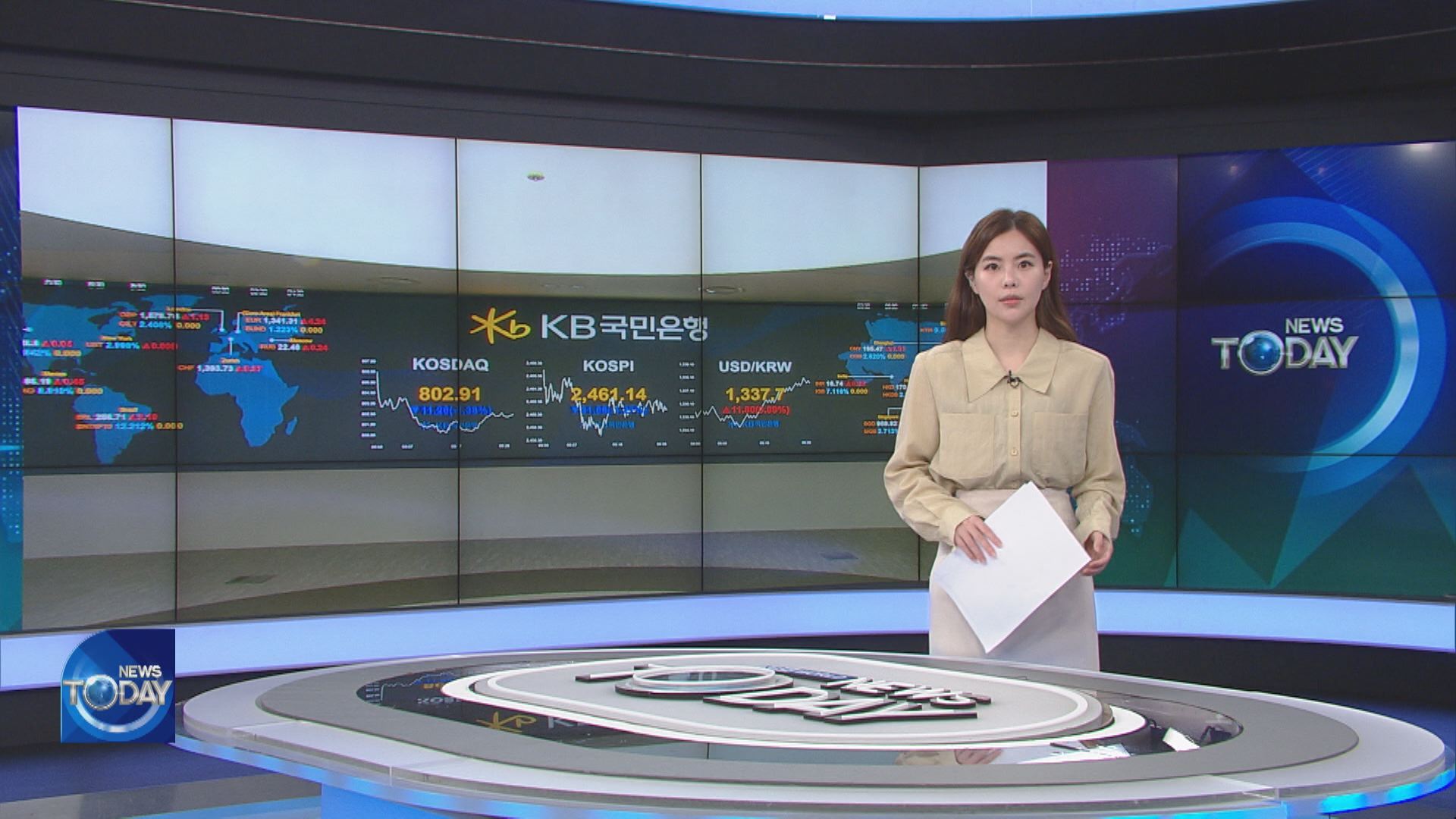
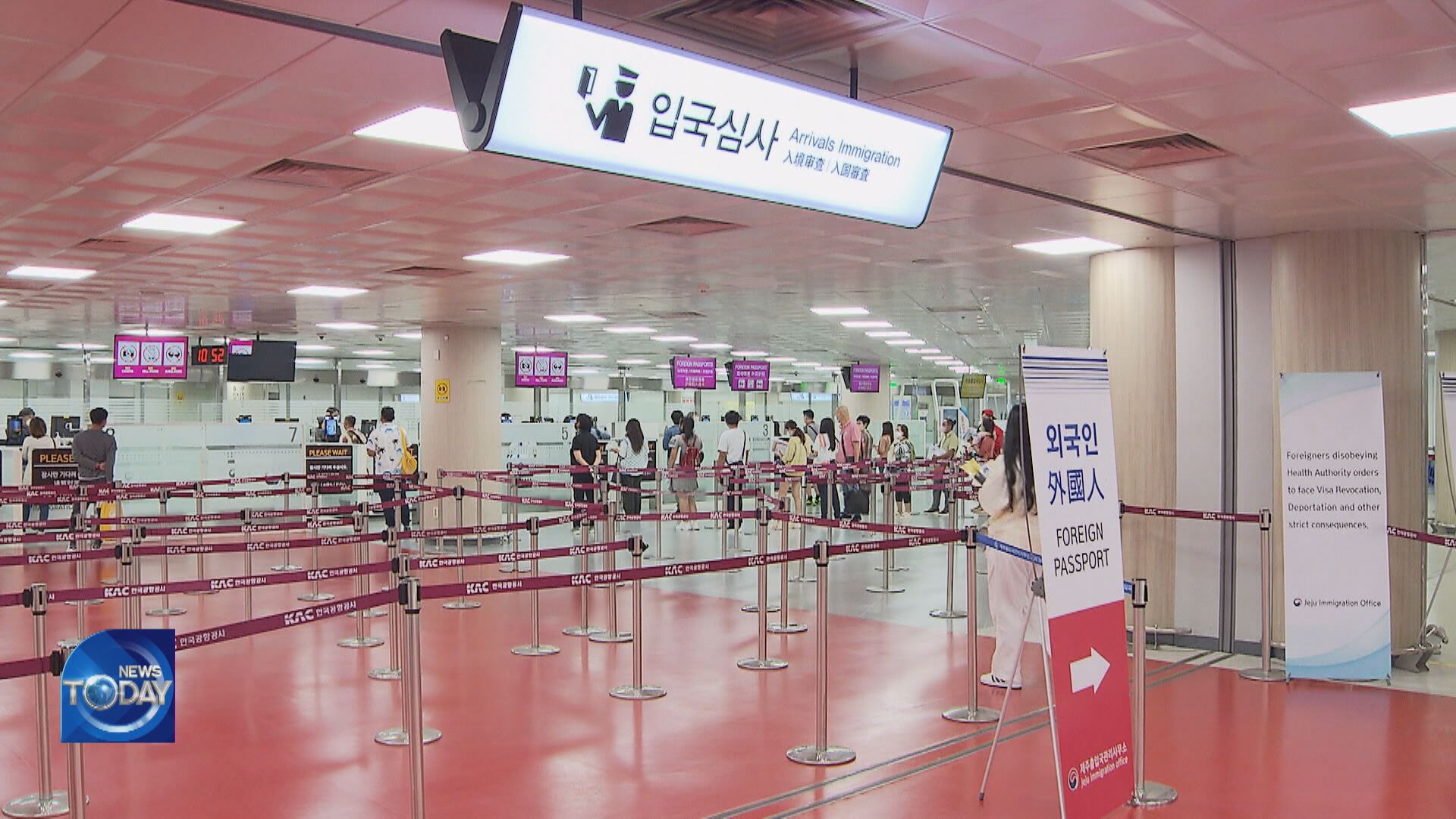
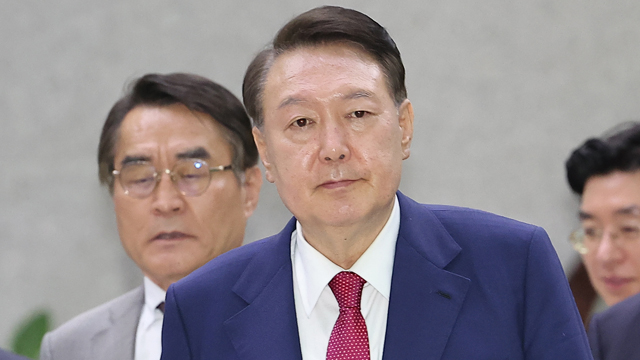
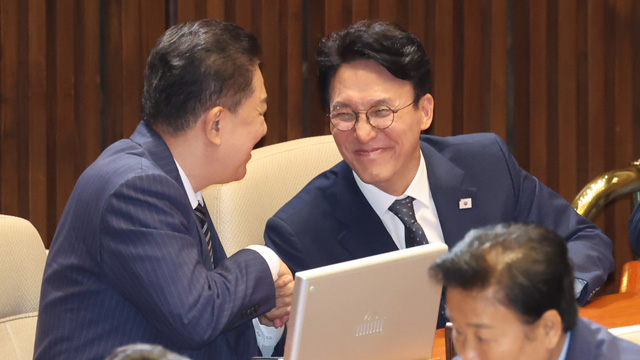
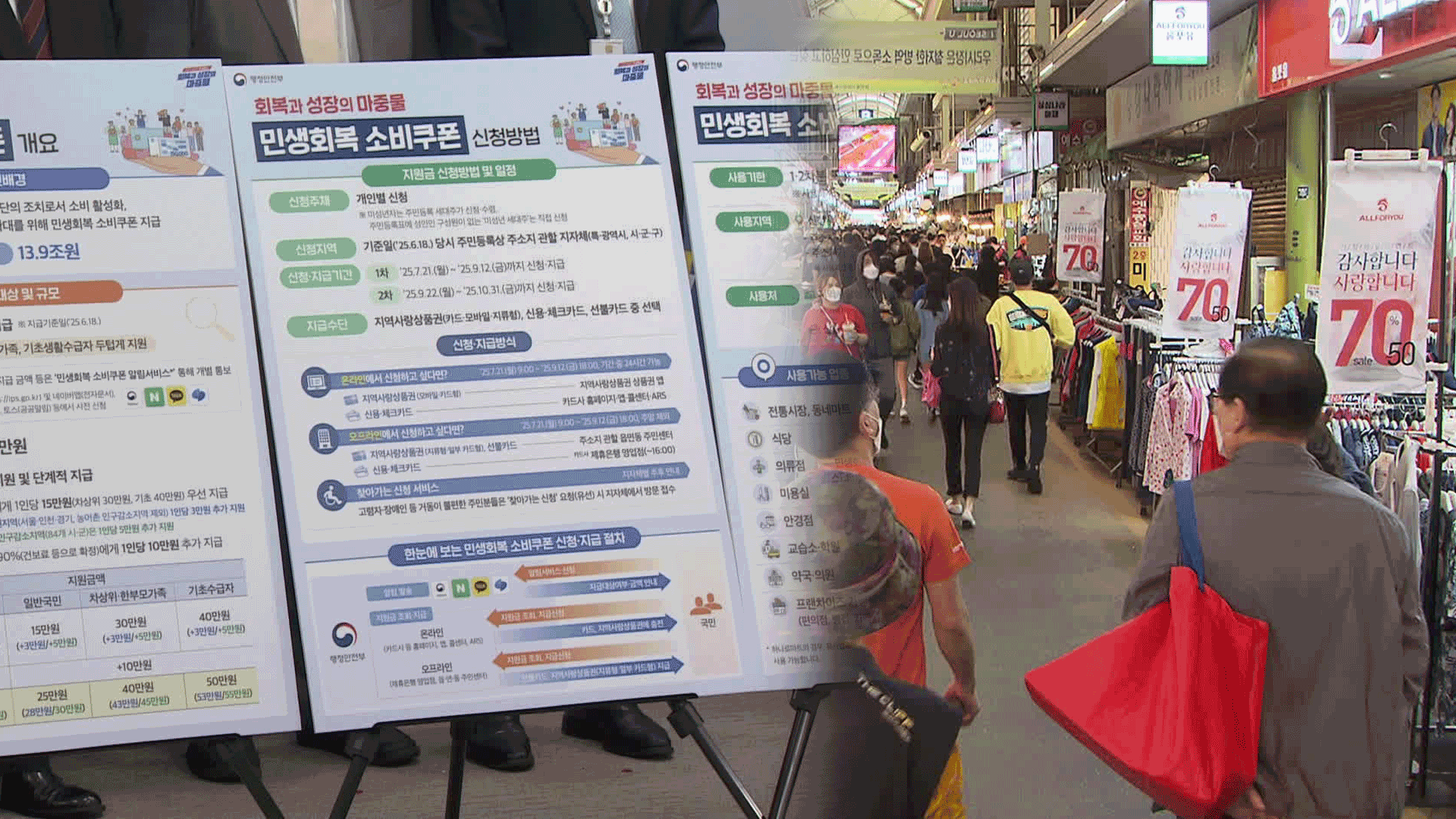
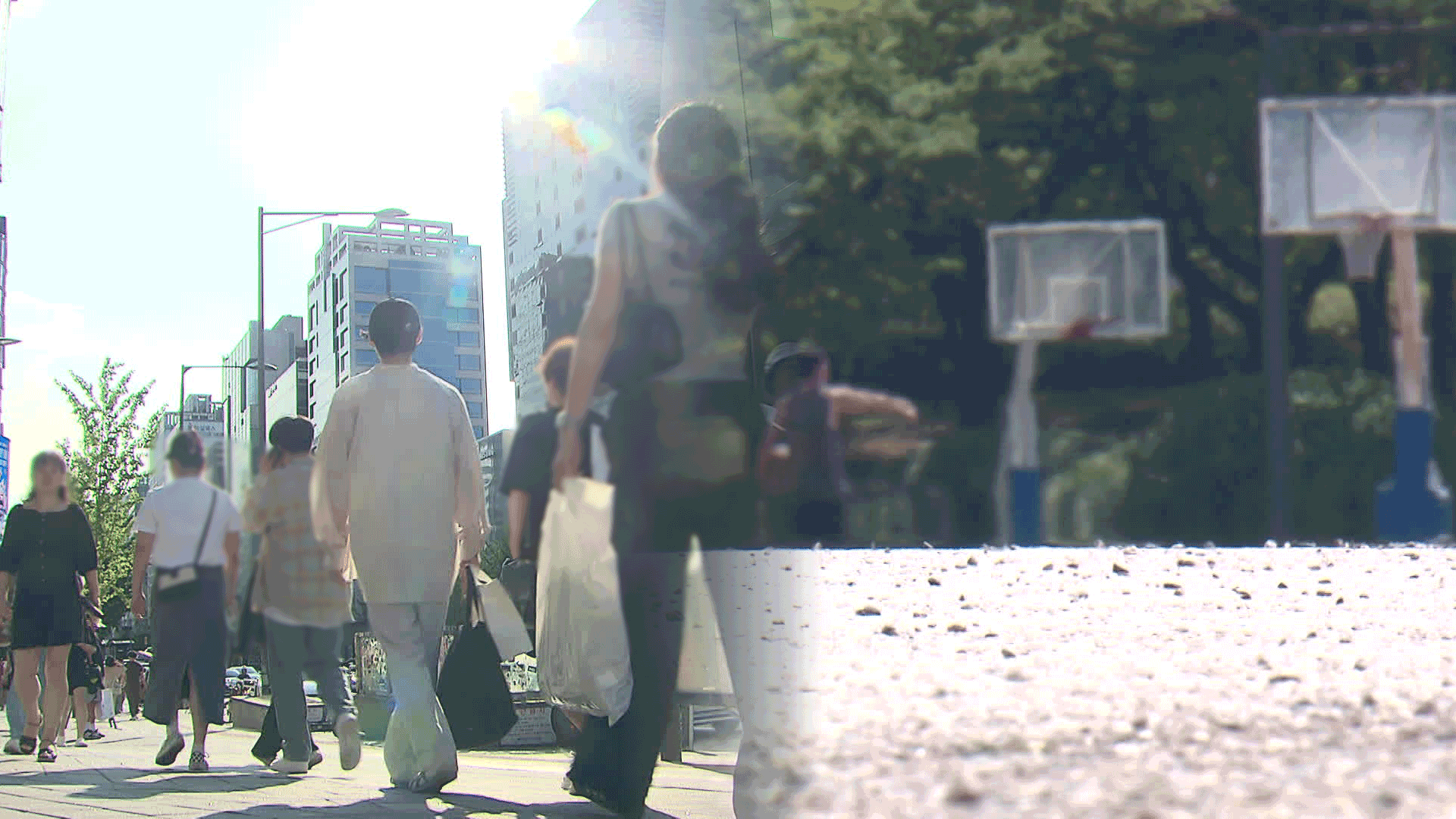

이 기사에 대한 의견을 남겨주세요.